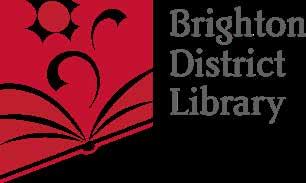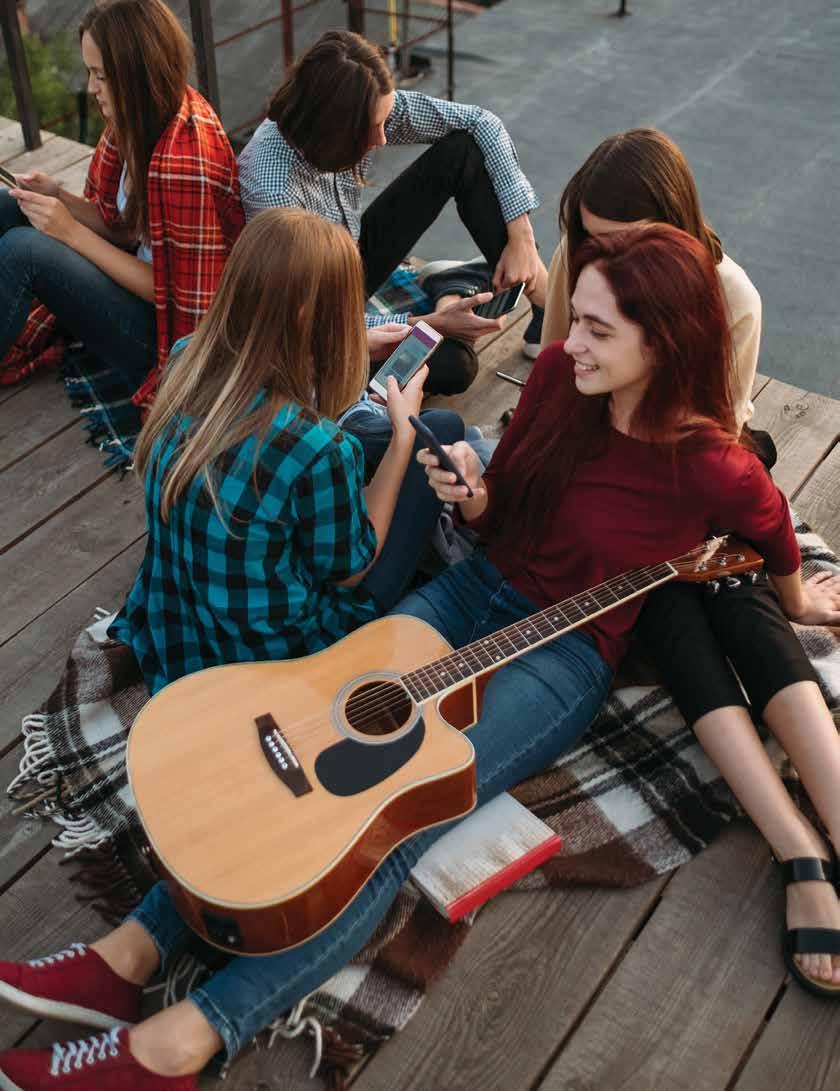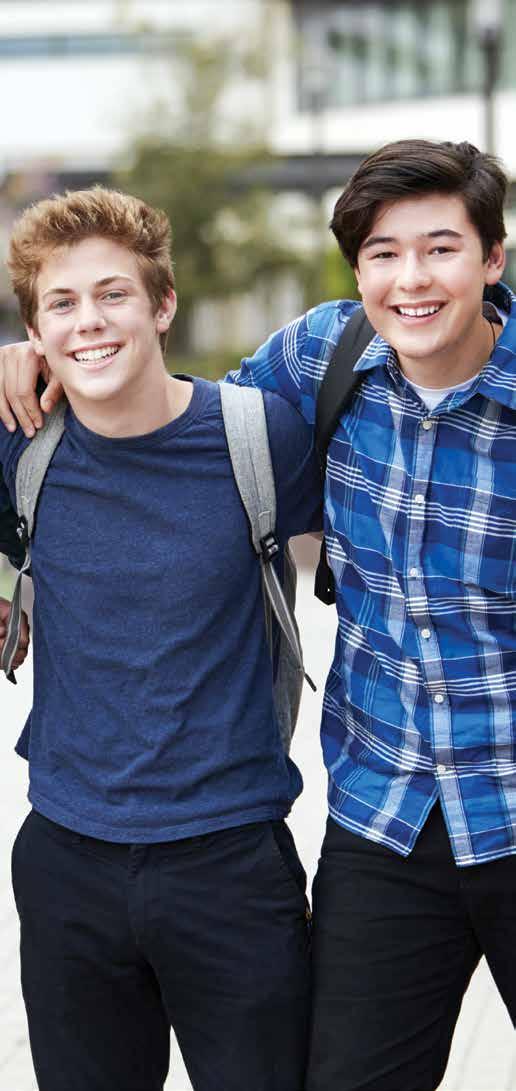Isabella’s eleven-year-old son, James, walked in their door after school. He threw his backpack across the room and ran down the hallway to his bedroom clearly upset.
I
WITH WORLD
ackyard:
owing Social Awareness By JENNIFER S. MILLER, M.ED.
sabella waited until James finally emerged, hungry for a snack. As he searched the kitchen, she asked, “Are you okay?” James sat down with a bag of chips and explained that he was “sick of school,” or more accurately, the students he encountered. One of his long-time friends, Dakota, had been hurt by some of their supposed friends today, and he felt angry and helpless to do anything. James loved hanging out at Dakota’s house and getting to know his family – his father, a Native American of Crow ancestry and his mother, a Latina-American, both of whom grew up in Montana. Frequently he would catch his “friends” labeling Dakota. They had hung out with the same group since kindergarten, but now those “friends” were making fun of Dakota because his mother would speak to him in Spanish. He had attempted to befriend some others who labeled him “the Mexican,” when his family had no heritage from Mexico whatsoever. Today felt like the last straw for James when he had watched Dakota fight back tears at their lockers after the group had insultingly mimicked his mother’s Spanish. Not only was he mad at the others, but he felt sick about his own role. “I know I should have stopped them, but I just stood there; I didn’t do anything,” James told his mom. He was frustrated with himself. “Why didn’t I stop them?” he uttered to himself. Why couldn’t classmates just take Dakota for who he was, a devoted student and good friend? Clearly, the group of friends involved in labeling Dakota were struggling with social awareness and not accepting Dakota for who he was. And James, though feeling empathy for his friend, struggled to take action. He too was trying to figure out how to respond when others were treating a friend unfairly. From birth, our children are growing and exercising their social awareness, defined by the Collaborative for Academic, Social, and Emotional Learning (CASEL) as “the ability to take the perspective of and empathize with others, including those from diverse backgrounds and cultures and the ability to understand the social and ethical norms for behavior and to recognize family, school, and community resources and supports.” CASEL recently further defined social awareness through the lens of equity. Children continued on page 9
YC MAGAZINE
|
March 2020
7





